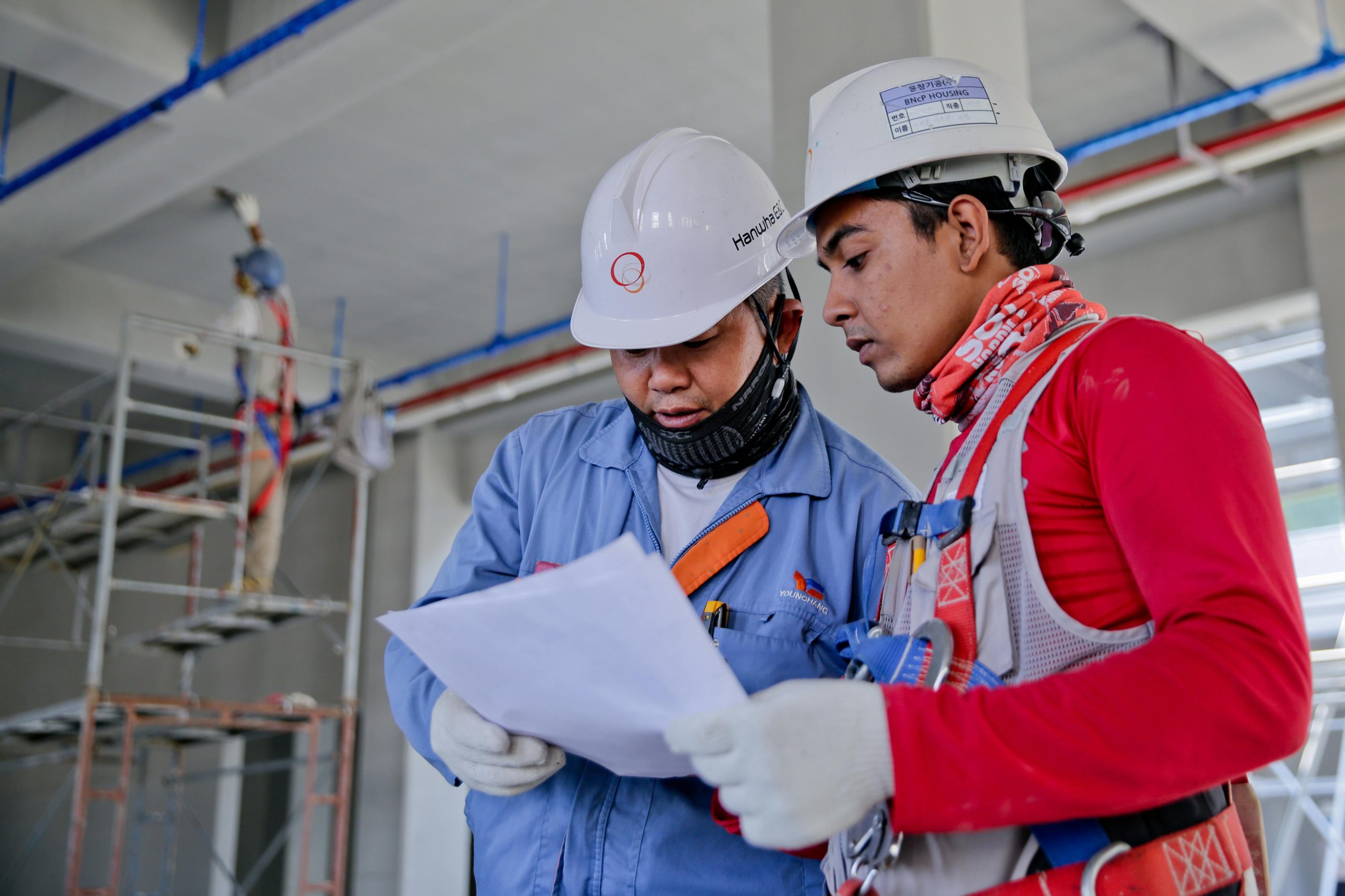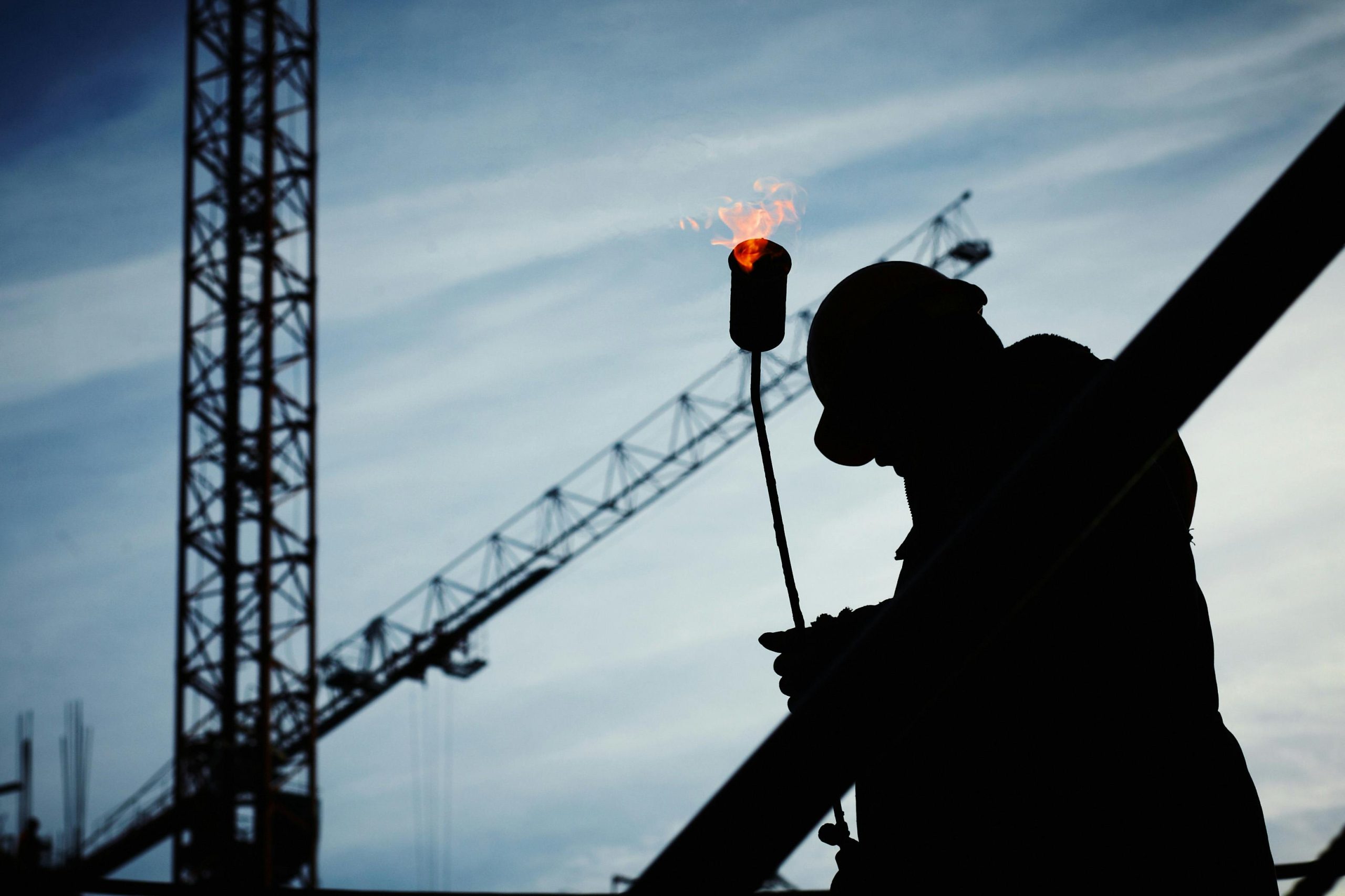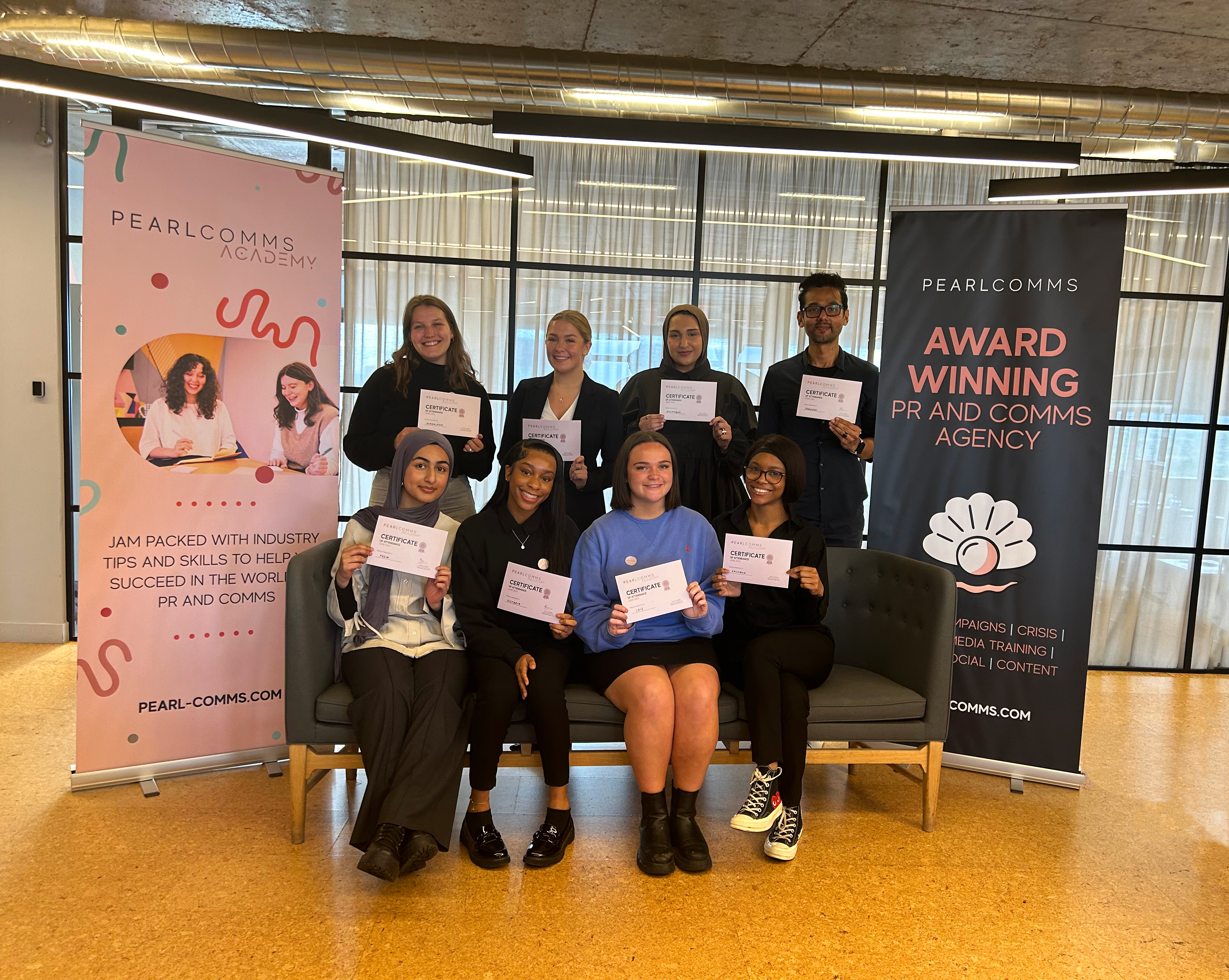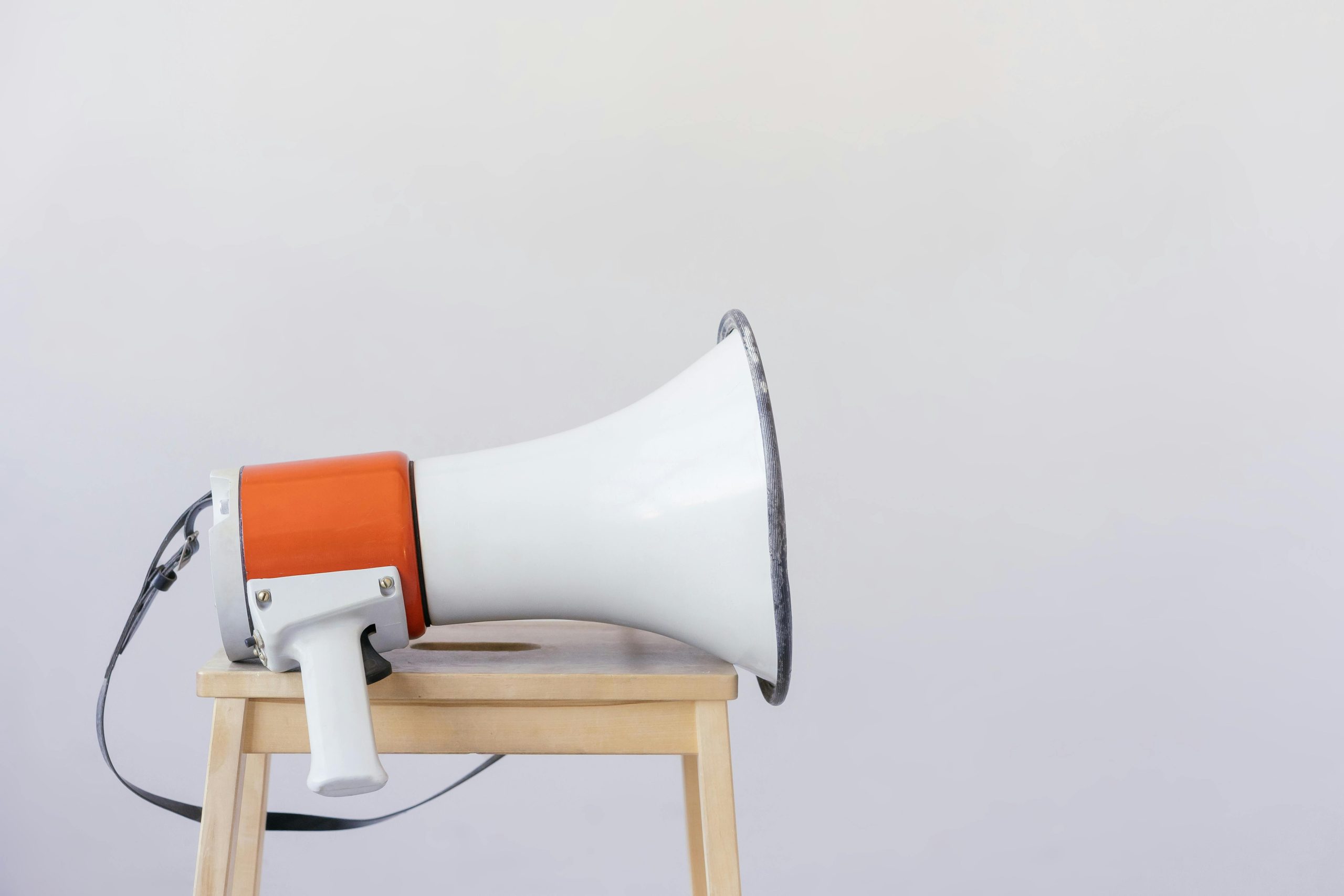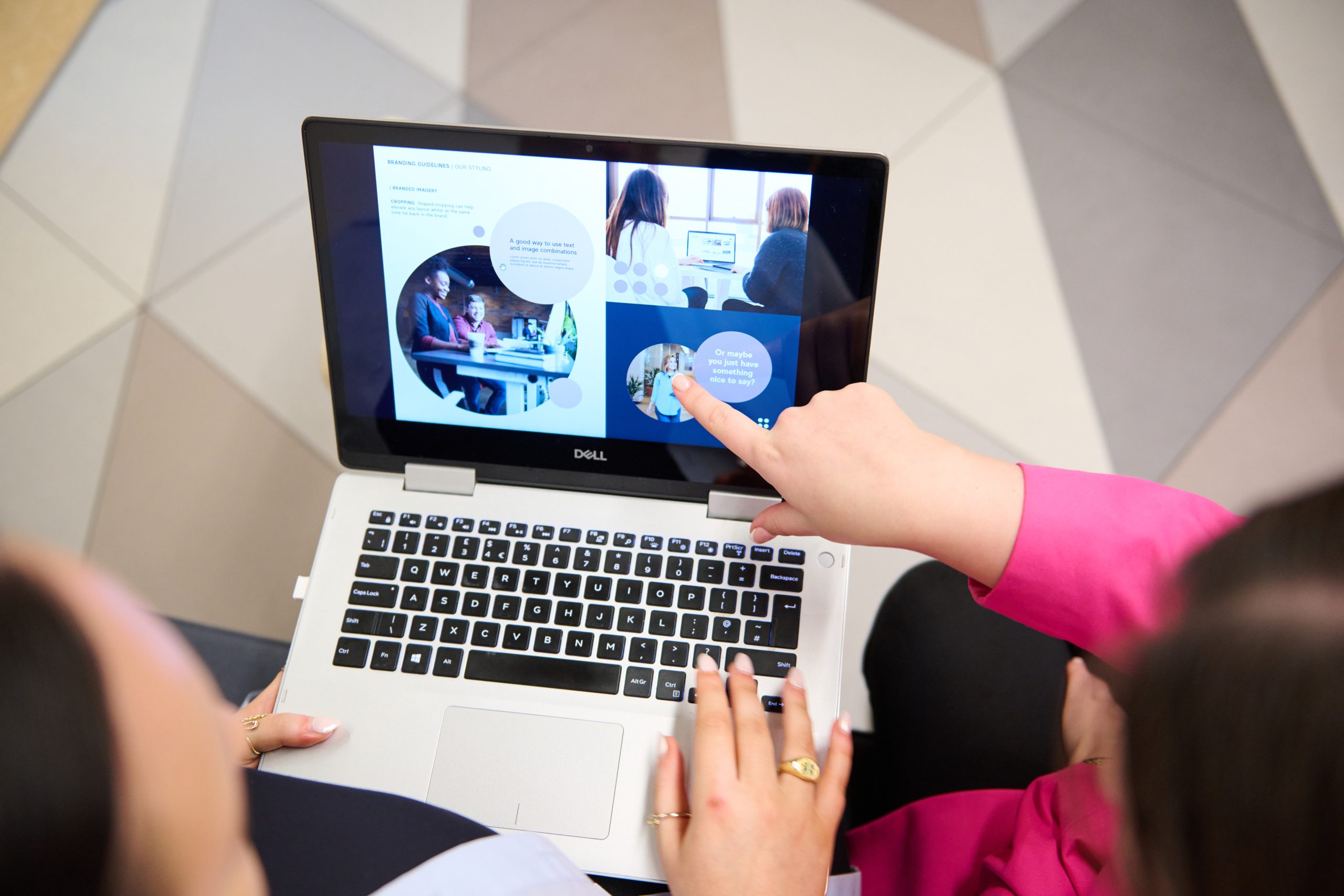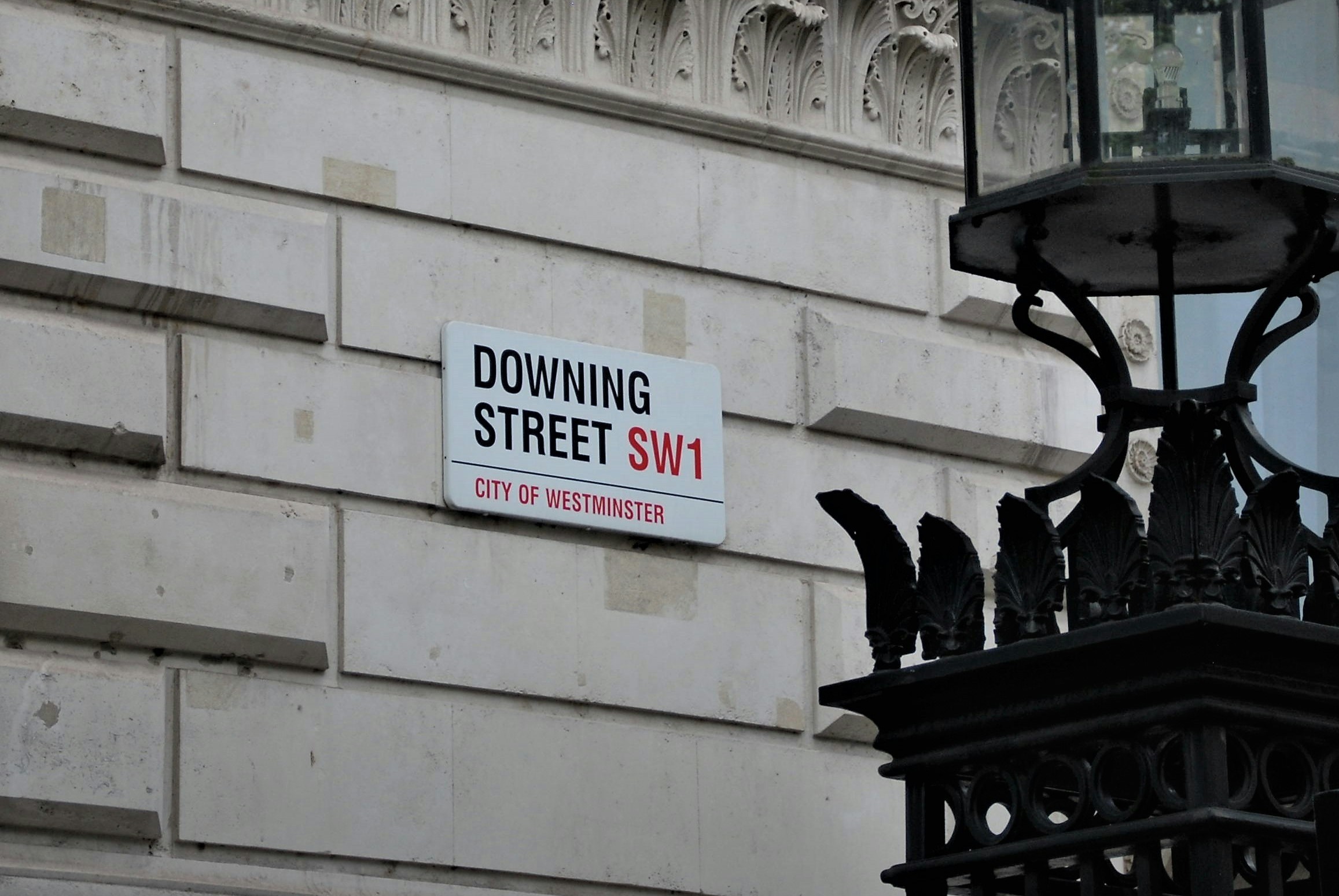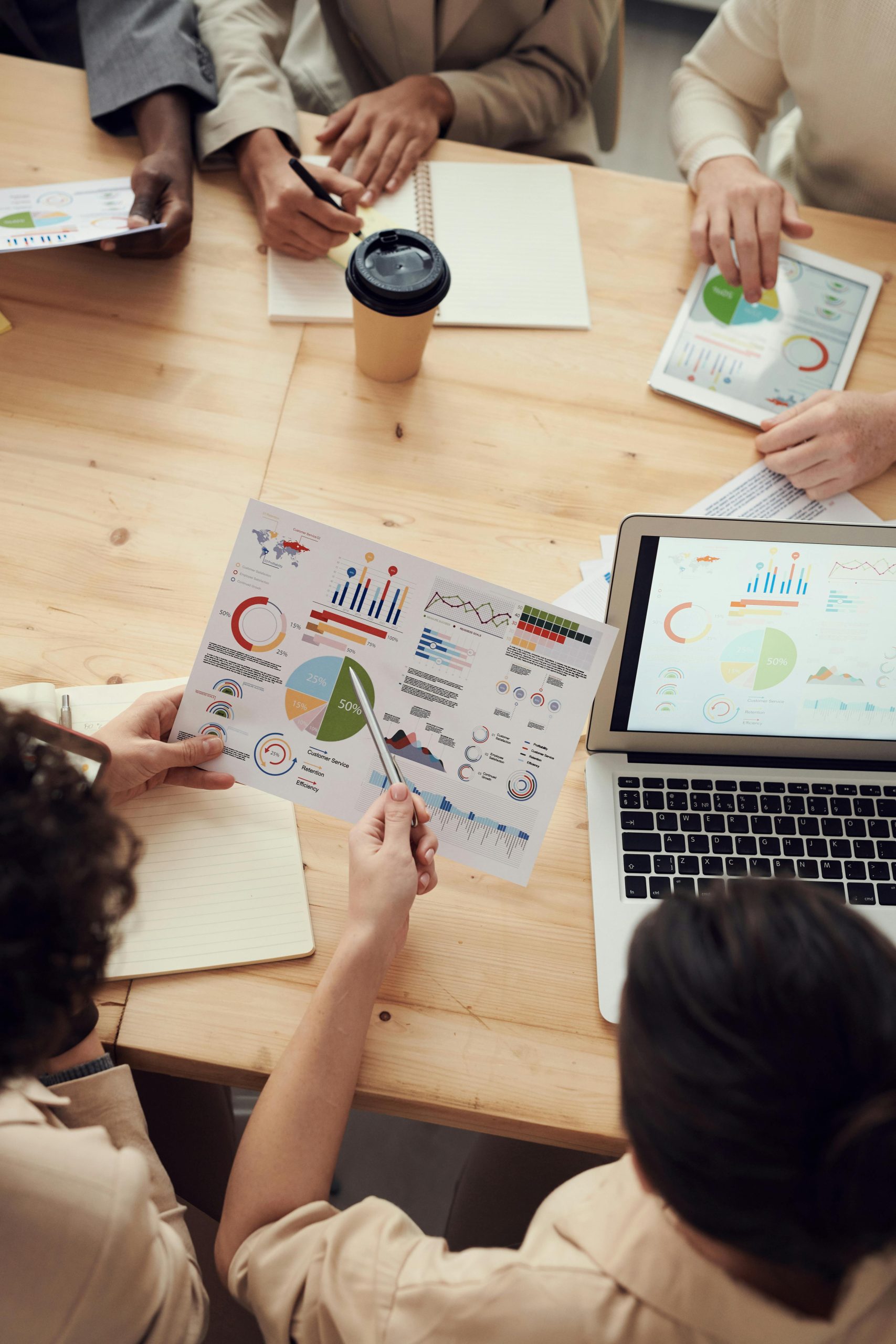ARTICLE
IS IT PROFESSIONAL TO GET PERSONAL ON LINKEDIN?
Recently, LinkedIn has moved away from its once purely corporate image, instead becoming a space where people can share their lives as well.
Originally launched in 2003 as a professional networking platform, LinkedIn soon became the place to go for job seekers and employers looking to find their next career step or fresh new talent. Posts were made with business in mind, whether that was commenting on sector stories, celebrating company achievements or promoting your skills.
However, over the last few years, more personal posts have crept into the mix, as people have allowed their professional mask to slip. We now have access to the people behind the business, gaining insights into their family life, hobbies and even mental health status. The addition of ‘stories’ has also aligned LinkedIn with more casual social media platforms, giving a considerably Instagram-feel to the site.
A change for the better?
This being said, a move towards the personal isn’t necessarily a bad thing. The pandemic has blurred the lines between home and work more than ever before, with every Zoom meeting providing us with a window into people’s lives. Dogs barking, children talking and family members walking past the camera are now expected rather than frowned upon. People are realising that those they work with are human, and perhaps LinkedIn does need to evolve to show this.
Raising awareness of mental health
Particularly when it comes to mental health, social media can play an important part in reducing the stigma. Everyone is experiencing a wave of ups and downs at the moment, and for some, those downs are incredibly challenging. For too long, the professional space has avoided this uncomfortable topic, with successful businesspeople often hiding their struggles, and in turn telling the world that you can only be successful if you have everything “together”.
However, the pandemic has shown that this isn’t the case. Monzo founder Tom Blomfield recently announced that he is to quit the digital bank due to mental health reasons, proving that life can hit us all, no matter where we are on the career ladder.
Supporting your fellow professionals
As a result, employers have begun to show more support for mental health causes and their employees on LinkedIn, using their influence to start an important conversation. Perhaps this has made LinkedIn feel like a safer environment to discuss your personal life than Facebook or Instagram. There’s always the odd troll, but on the whole, LinkedIn is a platform of positivity, often leading to total strangers connecting over shared experiences.
It could be said that LinkedIn now more accurately represents the professional sphere. Often when we’re job hunting or searching for new connections, our decisions are made on values and interests, not just skills and achievements. Being able to see the whole person, not just what they’re happy to put on their CV, might turn LinkedIn into an even better corporate tool.
The personal vs professional debate has certainly divided opinion at Pearl HQ, but what we can all agree on, is that any form of promoting a culture that puts mental health and togetherness at the core of working relationships, can only be a good thing.
Looking for more?
Sign up to our “Pearls of Wisdom” newsletter here.


